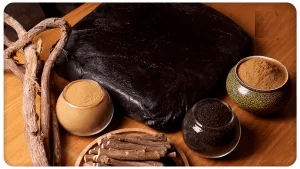Licorice is a plant native to the Mediterranean and Western Asian regions. The root of the licorice plant has been used medicinally for thousands of years. Chinese medicine has long used licorice root to treat many ailments, including gastrointestinal problems, malaria, insomnia, and infections
Licorice root is often used as a sweetener in beverages, candy, and medicine. It is 50 times sweeter than sugar but provides health benefits that sugar does not. Licorice root contains over 300 chemical compounds and flavonoids
Glycyrrhizin, the most active chemical compound found in licorice, has been studied for its medicinal properties. This powerful phytochemical has been proven to reduce body fat, heal stomach ulcers, and fight infections
Liquorice uses in:
- Traditional Medicine
- Pharmaceutical industry
- Confectionery
- Beverage and food
- Cosmetics
- Tobacco
- Natural Sweetener
- Spices
- Pet food
Licorice benefits:
Canker Sores:
Some past studies found that licorice root acted as an anti-inflammatory agent that speeds up healing of canker sores in the mouth. These sores are formally known as aphthous ulcers.
Chronic Bronchitis:
There is some evidence that licorice root may slow the advance of chronic bronchitis in people who have chronic obstructive pulmonary disease (COPD).4 Chronic bronchitis causes long-term inflammation of the airways.
Colorectal Cancer:
Some scientists believe that the antioxidant effects of licorice may help to lower your risk of certain cancers, primarily colorectal cancer. While the bulk of research has been limited to animal or test tube studies, some of it has been promising.
Functional Dyspepsia:
When used in combination with other herbs, licorice root may help ease the pain of functional dyspepsia (FD). This is a disorder marked by bouts of upper abdominal discomfort.
Menopause and Menstrual Symptoms:
Licorice root is a mainstay home remedy for women with menstrual cramps. It also is believed to help relieve many of the symptoms of menopause, including hot flashes.
Peptic Ulcers:
The role of licorice in treating peptic ulcer disease has gained increasing interest in the scientific community. Notably, researchers have wanted to know its effect on bacteria called Helicobacter pylori (H. pylori). It is the primary cause of peptic ulcers and one of the hardest infections to treat.

